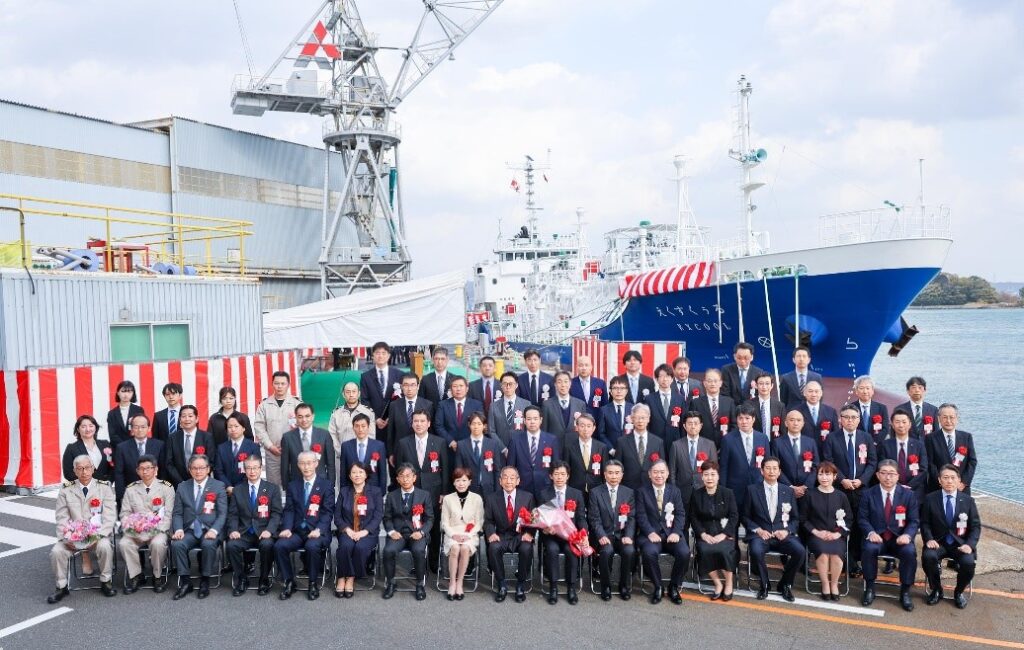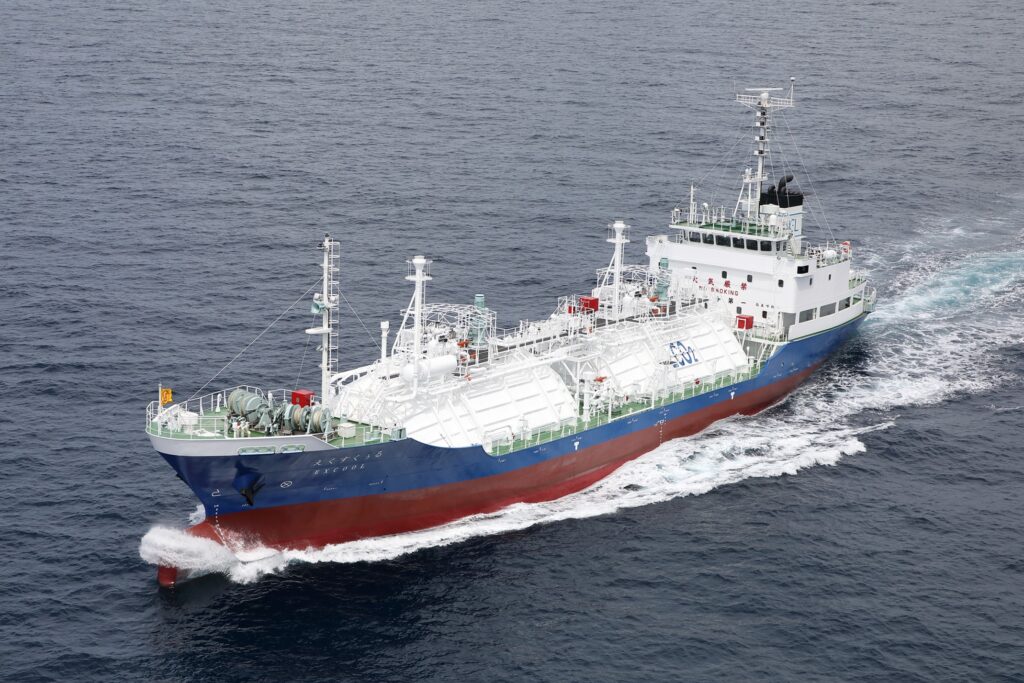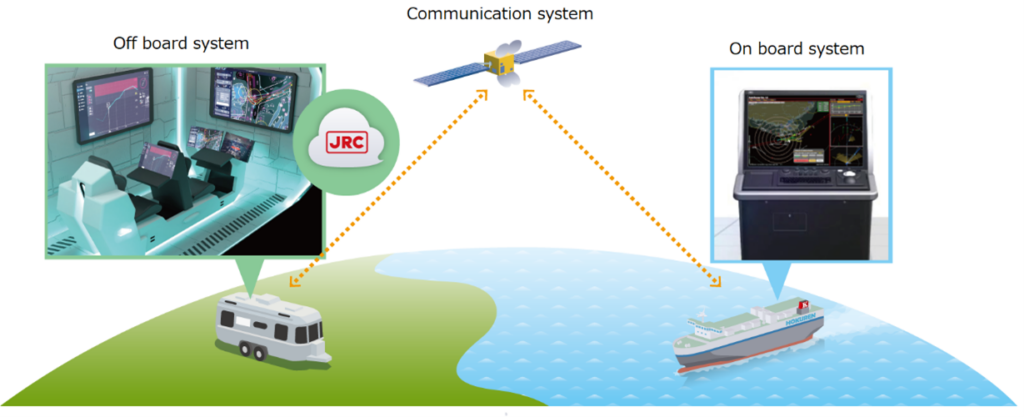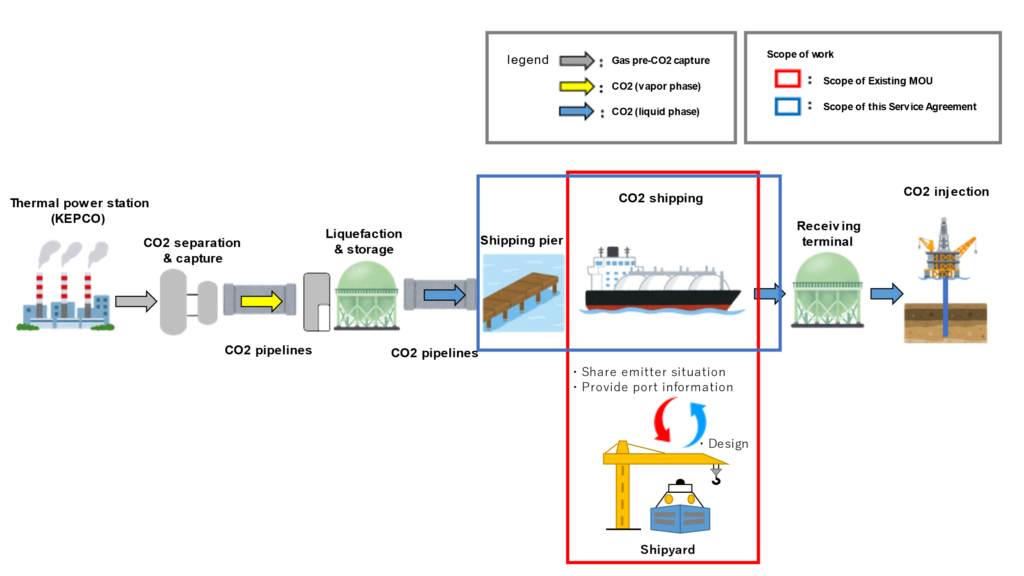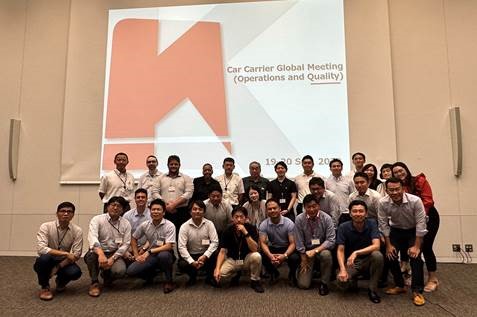International freight insurance provider, TT Club highlights the dangers to the marine environment of plastic pellet or nurdle spillage. Those involved in the supply of what is a universal component of plastic materials must be more aware and take steps to ensure their safe carriage.
With the ever-increasing focus on care for the marine environment greater attention must be afforded to the particular risks associated with the transport of microplastic pellets. Commonly referred to as ‘nurdles’ these are the building blocks used in the production of most plastic products. Concerns about the universal use of secure packaging, as well as the stability of these receptacles, and their weight distribution within sea containers are mounting.
However, it is the consequences of a spillage that rank highest in the urgent requirement to minimise incidents involving these cargoes in transit. Typically measuring just a few millimetres in diameter the release of nurdles into the sea, other waterways or the environment in general can have severe ecological implications. Accumulating in the stomach of any creature consuming them they have a negative effect on nourishment. Furthermore, nurdles have a unique chemical composition that enable the absorption of toxins, adding to risks to the food chain of creatures from fish to birds, and from microbes, insects, and small mammals.
“Some estimates count as many as one in ten containerised consignments experience some form of spillage,” comments TT’s Logistics Risk Manager, Josh Finch. “Additionally, packing of bulk road and rail tank containers, often undertaken outside, often incurs incidental spillages. A greater understanding of the risks involved in handling and transporting these products is required. At TT, we are both raising awareness and offering advice particularly on appropriate packaging and container packing that minimises cargo shifting and split packaging resulting in spillages.”
There are a variety of packaging methods utilised, each with its own characteristics and benefits. These range from tank and dry bulk containers, cardboard boxes with plastic linings, polypropylene or cloth bags and sacks, and intermediate bulk containers and drums. Advisory information produced by TT covers the chief risk cause of stability of the cargo within such packaging as well as emphasis on the correct weight distribution to reduce movement during sea voyages in particular. Load restraint recommendations are made along with manual handling procedures and other risk mitigation measures*.
“There are no easy solutions to the challenges of safely transporting nurdles,” concludes Finch. “Tank containers are viewed as costly, while bags split and shift in transit. However, it is important to emphasise that the risks to safety are not commonly understood, and that the environmental repercussions of spillages are a danger throughout the supply chain – on land and for the oceans. As the industry considers, particularly at the IMO, how to address these issues, a proactive approach to risk mitigation is advisable.”
*www.ttclub.com/news-and-resources/news/tt-talk/2023/tt-talk-transport-of-plastic-pellets
About TT Club
TT Club is the established market-leading independent provider of mutual insurance and related risk management services to the international transport and logistics industry. TT Club’s primary objective is to help make the industry safer and more secure. Founded in 1968, the Club has more than 1200 Members, spanning container owners and operators, ports and terminals, and logistics companies, working across maritime, road, rail, and air. TT Club is renowned for its high-quality service, in-depth industry knowledge and enduring Member loyalty. It retains more than 97% of its Members, with a third of its entire membership having chosen to insure with the Club for 20 years or more. www.ttclub.com







